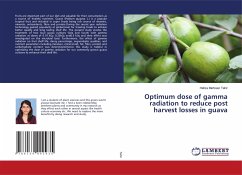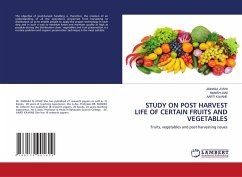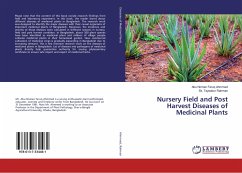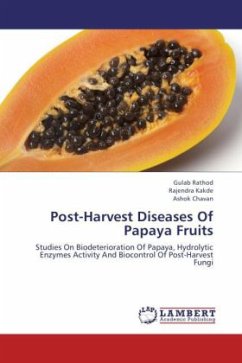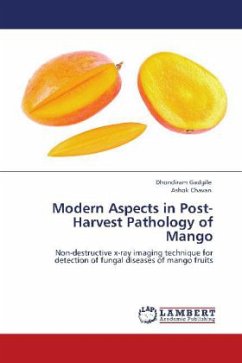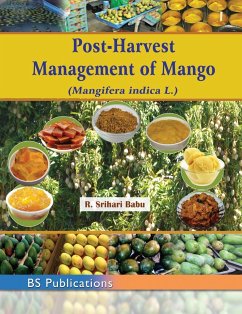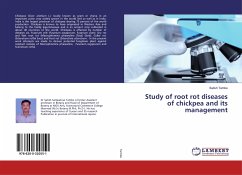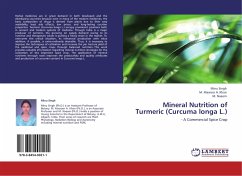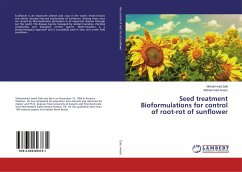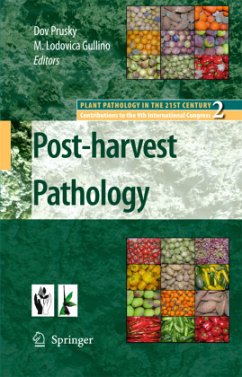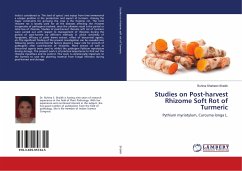
Studies on Post-harvest Rhizome Soft Rot of Turmeric
Pythium myriotylum, Curcuma longa L.
Versandkostenfrei!
Versandfertig in 6-10 Tagen
51,99 €
inkl. MwSt.

PAYBACK Punkte
26 °P sammeln!
India is considered as 'The land of spices' and enjoys from time immemorial a unique position in the production and export of turmeric. Among the major constraints for growing the crop is the rhizome rot. The term rhizome rot is loosely used for all the diseases affecting the rhizome irrespective of pathogens involved, since the ultimate result is the partial or total loss of rhizome. Studies of post-harvest rhizome soft rot of turmeric were carried out with respect to management of rhizomes during the period of post-harvest by different methods in which sensitivity of fungicides, efficacy of ...
India is considered as 'The land of spices' and enjoys from time immemorial a unique position in the production and export of turmeric. Among the major constraints for growing the crop is the rhizome rot. The term rhizome rot is loosely used for all the diseases affecting the rhizome irrespective of pathogens involved, since the ultimate result is the partial or total loss of rhizome. Studies of post-harvest rhizome soft rot of turmeric were carried out with respect to management of rhizomes during the period of post-harvest by different methods in which sensitivity of fungicides, efficacy of plant leaves extract, effect of biocontrol agents, etc.The significant finding of the present investigation can be revealed into following points; environmental factors played a major role for growth of pathogens after post-harvest of rhizomes. Plant extract as well as biocontrol agents were used to inhibit the pathogen Pythium myriotylum during storage. The present work is of practical importance to find out the rhizome mycoflora and its control. This work is commercially important to the farmers to save the planting material from fungal infection during post-harvest and storage.



